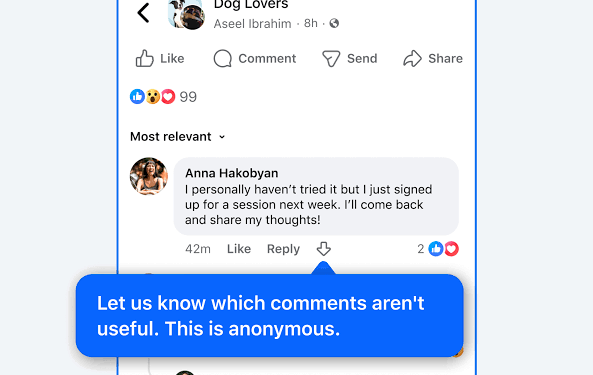Meta has taken down over 100 million fake Facebook Pages this year as part of a sweeping crackdown on scripted abuse aimed at artificially boosting reach on its platform. The company says the move is part of broader efforts to combat coordinated fake engagement, impersonation, and spammy behavior across Facebook.
Announcing the measures on Thursday, Meta revealed that the fake Pages removed in 2024 alone were part of spam networks using scripted comments and follows to manipulate the platform’s algorithms. The company now plans to take tougher action to tackle such behavior.
Meta noted that fake engagement is a growing issue across all social media platforms. “Spam networks that coordinate fake engagement are an unfortunate reality for all social apps. We’re going to take more aggressive steps on Facebook to prevent this behavior,” the company said.
One of those steps includes reducing the visibility of comments that are identified as part of coordinated inauthentic activity. Meta is also testing a feature that allows users to flag comments that are off-topic or disruptive to meaningful conversation.
Meta is also increasing its efforts to curb impersonation, a common challenge for creators with large audiences. In 2024, the company removed over 23 million fake profiles pretending to be content creators. To help address this, Meta has improved its Moderation Assist tool to automatically detect and hide suspicious comments, while also allowing creators to report impersonators directly within the comment section.
According to Meta’s Head of Communications for Sub-Saharan Africa, many users have complained about the Facebook Feed being cluttered with spam instead of fresh, engaging content. “Our goal is to continue creating an environment where creators who invest in meaningful content are recognised and rewarded,” she said.
To further protect original content, Meta is also upgrading its Rights Manager tool. The platform says this will help creators safeguard their intellectual property and ensure that their work is not reused without permission.
Meta emphasized that these efforts are part of a long-term strategy to keep Facebook a space for genuine expression and quality engagement, ensuring that creators are rewarded for original content—not manipulation or imitation.










